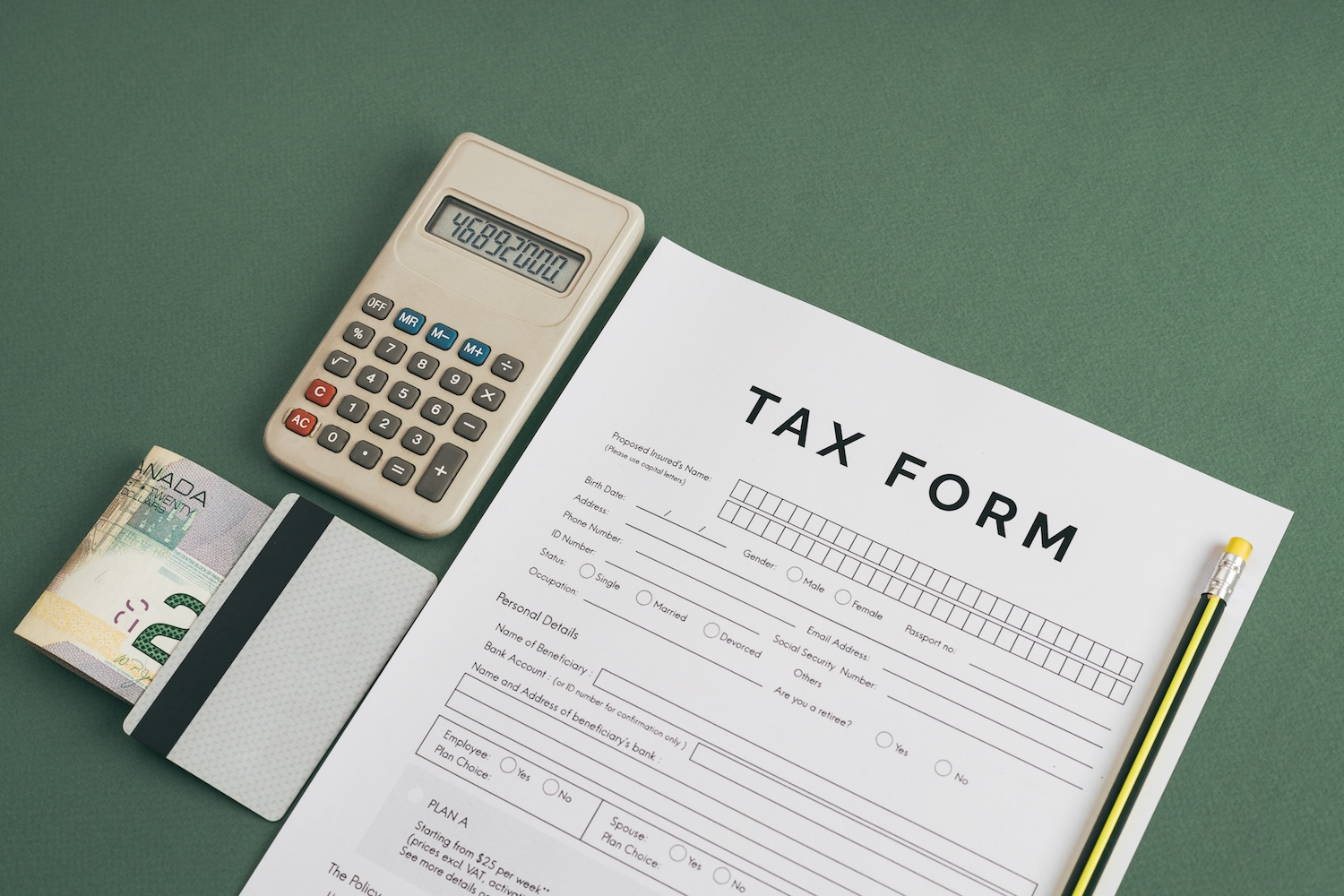
Did you know that you can take advantage of significant tax credits and deductions when you own a home? The Internal Revenue Service (IRS) offers numerous tax breaks to incentivize homeownership. When you own a home, you’re able to write off a huge chunk of your tax liability and get thousands of dollars in tax deductions when it’s tax season.
However, there is a catch. If you’re not aware of the tax credits and deductions offered by the IRS when preparing to file your taxes, you’ll not be able to minimize your taxable income and maximize your tax benefits. That’s why it’s essential for you as a homeowner to familiarize yourself with the various tax credits and deductions you qualify for.
But don’t stress – We are here to help! Check out our blog below for a helpful guide to get you going on the road to tax breaks and deductions, and ultimately more money in YOUR pocket!
How Home Tax Deductions Work
A tax deductions is a benefit that helps a taxpayer to reduce the amount of tax they owe. Once you own your home, you can take advantage of tax credits and deductions to lower your tax bill. How much money you’ll be able to save on your tax bill will be determined by whether you choose to go with a standardized tax deduction or itemize the various tax deductions you qualify for.
Basically, when applied, both types of tax deductions will save you money, it just depends on which type of deductions work best for you (and your bank account.) Knowing the two types of deductions is pretty straightforward – With a standardized deduction, the amount taken from your total taxes is fixed. In contrast, an itemized tax deduction allows you to itemize all the tax deductions you qualify for. It makes financial sense only to itemize your deductions when their sum is higher than the standard deduction.
Some Of The Tax Deductions A Homeowner Can Capitalize on
1. Mortgage Interest Deduction
If you are an individual taxpayer or a married couple, you can claim the interest paid on the first $750,000 of your mortgage debt. Once you receive a Form 1098 detailing the interest you paid in the previous year from your lender, you’ll deduct the amount on line 8a of the Schedule A Form 1040.
2. Home Office Expense Deduction
If you’re self-employed or work at home, you may qualify for the home office expense deduction. You can claim this deduction if you use part of your home regularly and exclusively as your primary place of business. Passing the test for this deduction saves you money on your tax bill since part of your insurance costs, utility bills, and other home expenses are deducted against your business income.
3. Deductions For Energy-Efficient Upgrades
Making energy-efficient home improvements could reduce your tax bill. This incentive applies to alternative energy improvements made to your homes, such as installing solar panels, solar water heaters, and geothermal heat pumps. The tax credit amount received is based on when you installed the items.
4. SALT Deductions
The deduction for state and local taxes (SALT) allows homeowners to deduct certain taxes paid to state and local governments, including property taxes. If you itemize SALT deductions on your federal return, you’ll pay less in federal taxes by deducting the amount you spent on qualifying state and local taxes. The deductible amount is capped at $10,000 for single taxpayers and $5,000 for married couples filing separately. It is possible these deductions might be dissolved after 2025 so be sure to speak with your CPA about possibly taking advantage of these deductions while you still can.
5. Mortgage Points Deduction
Another tax benefit of owning a home is the ability to deduct mortgage points you paid upfront when closing on your home purchase. The mortgage points you paid to your lender in a bid to lower the interest rate on your loan are fully deductible in the year you pay them. Capitalize on these tax deductions. These deductions are also claimed on the Form 1040, Schedule A.
6. Standard Deduction
Look closely at the standard education allowed by the IRS. when considering the tax deductions available to you as a homeowner. If you opt for the standard deduction, you’ll agree to have a set amount of money deducted from your taxable income. With the standard deduction, you won’t itemize your deductions. This year, $14,600 is the standard deduction for singles and married taxpayers filing separately. For heads of household, the amount is $21,900, while $29,200 is the standard deduction for married couples filing jointly.


 Facebook
Facebook
 X
X
 Pinterest
Pinterest
 Copy Link
Copy Link


